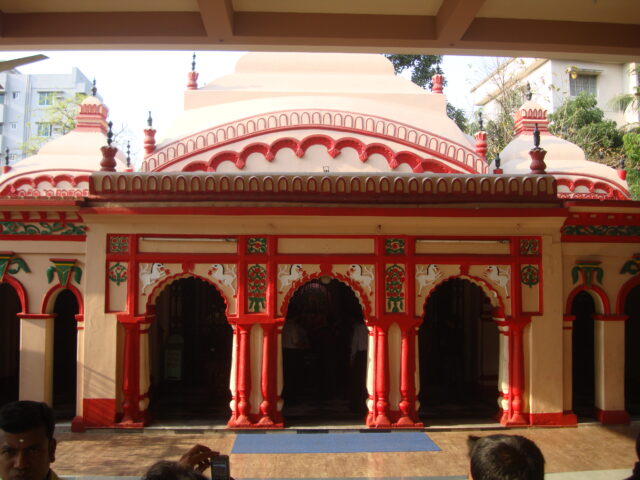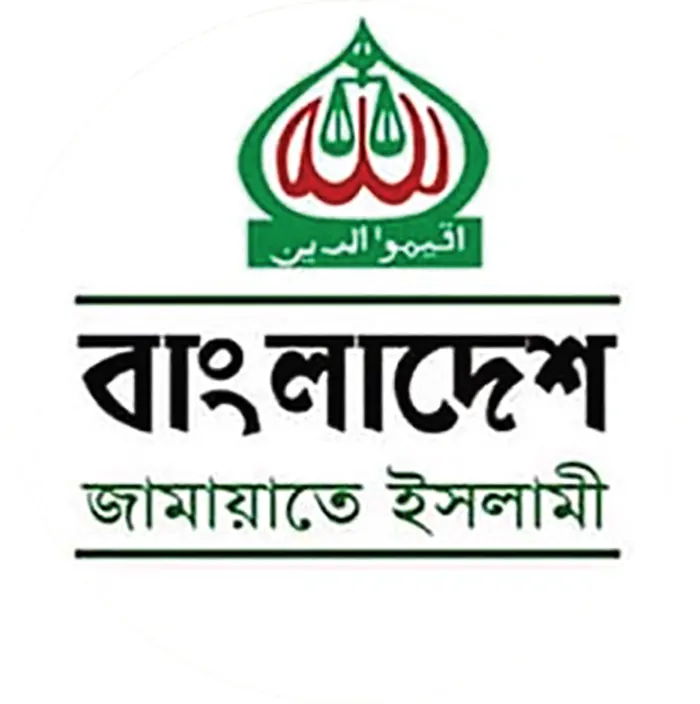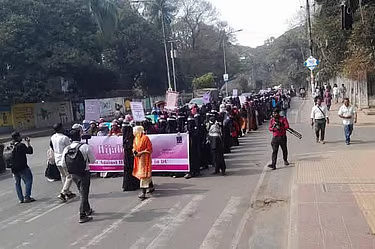The movement that toppled Sheikh Hasina is not an Islamist revolution. The students at the forefront of the movement are committed, conscientious patriots who wish to see nothing more than a functional, fair, and free Bangladesh. They are democrats and they wish to see a truly democratic Bangladesh, as do all Bangladeshis. They are the furthest thing imaginable from Islamists or militants. Neither is Bangladesh an Islamist country nor a hotbed of militancy.
Yes, it is a Muslim majority country, and yes, their religious faith is a key component of the identity of many, possibly most Muslim Bangladeshis. But that doesn’t make them radicals or anything other than God-fearing, law-abiding men and women who simply want to live their lives in peace and in harmony with their neighbours.
Yes, in the initial chaos following Sheikh Hasina’s fleeing, there was a short period of anarchy and lawlessness, and, yes, unfortunately some of those who were targeted were members of the Hindu community. At times like this, those targeted are often the most powerless and as we all know in south Asia, minorities sadly always remain vulnerable. But the notion that Hindus were the subject of some kind of pogrom and that their targeting and dispossession was in fact an integral prong of the revolution is a fiction.
Things have already calmed down considerably and as important as the reports of minorities under attack were, the accounts of Muslims and Hindus teaming up to protect temples and minority neighbourhoods were far more typical, widespread, and noteworthy. Things are far from perfect in Bangladesh when it comes to minority rights, but minorities in Bangladesh are much safer and more secure than in, say, India, just to pick a random country by way of comparison.
No anarchy
Contrary to popular belief, Bangladesh has not descended into a Hobbesian state of chaos and anarchy since the ouster of Sheikh Hasina. Such was the suddenness with which she decided to flee that it did initially create a complete power vacuum that resulted in a very unstable situation for some days. But with the interim government under Dr. Muhammad Yunus in place, things are becoming more stable and secure every day, even though the challenge of maintaining safety and security and law and order remains considerable. Things are not helped by the fact that a decade of AL corruption and misrule has left all institutions in a shambles and needing reconstitution from the ground up. That said, given the fragility of the situation – there were no police on the streets for over a week, forcing the students and concerned citizens to partner together to protect neighbourhoods and provide law and order – the fact that there was so little lawlessness during this time was astounding. And things are slowly but surely returning to normal.
Popular support
There is widespread popular support for the interim government led by Dr. Muhammad Yunus, who is a widely respected figure, with a reputation for probity, competence, and vision, both inside the country and out. If there is one Bangladeshi who can lead us at this watershed moment in the nation’s history, it is he, and this is widely recognized and acknowledged. There are of course divisions within the interim government as there are within the larger society, but he is widely seen to be the man who can bridge these divisions and bring Bangladesh together. After 15 years of deeply divisive leadership, it’s like a breath of fresh air, and the difference it makes having someone of his stature at the helm of national affairs is palpable. The country is with him.
Everything is relative
While it has to be acknowledged that things are very far from perfect, that’s not a very helpful measure to use when assessing where things stand in Bangladesh today. It is regrettable that law enforcement and the legal system seem to be using their old playbook, with many of the cases that have been brought against former AL honchos blatantly flimsy and tendentious, with due process a far cry. Similarly, there remains a fair amount of confusion and lack of transparency as to how decisions are being made and what we can expect moving forward. But Bangladeshis prefer to measure the way things are today against the rampant criminality and corruption of the past decade, to say nothing of the bloodshed of the last month when Hasina turned her guns on her own people, and by that measure of comparison, we are light years better off than we were before.
Anger against the outgoing regime
Remarkably, perhaps, for a prime minister who was elected in a landslide in 2008 and who had presided over impressive growth and development during her tenure in office, the ousted PM Sheikh Hasina was a widely feared and reviled figure. Her ruling Awami League was even less popular. In a free and fair election it is doubtful that they could be elected dogcatcher anywhere outside of their political stronghold of Gopalganj, something which the PM understood very well, hence her disinclination to test her popularity at the polls in 2014, 2018, and earlier this year.
If the discontent with her dictatorial rule and the corruption and criminality that came with it were simmering below the surface for years, this boiled over into incandescent anger with her murderous response to the student protests that left hundreds dead, thousands maimed, and the entire country shocked and still coming to terms with the ferocity of the assault perpetrated on its own people by the erstwhile government. She has lost an entire generation, and the AL won’t sniff power again for a decade, possibly much, much longer. Bangladeshis will never forgive her or forget what she did.









